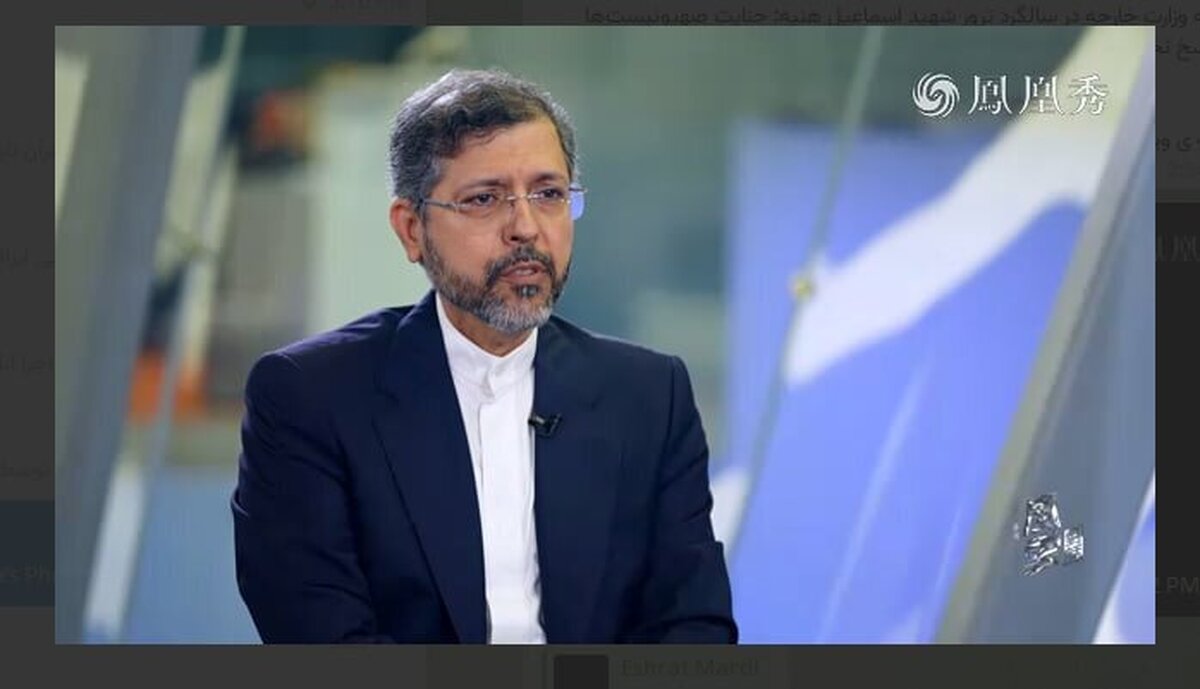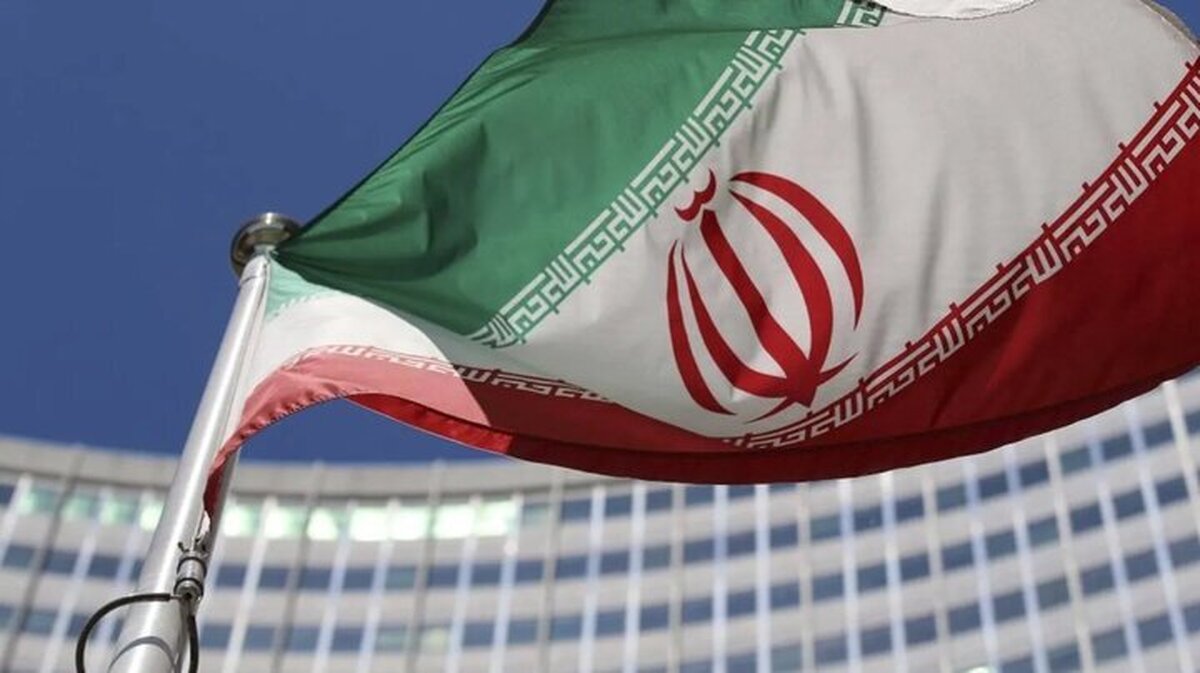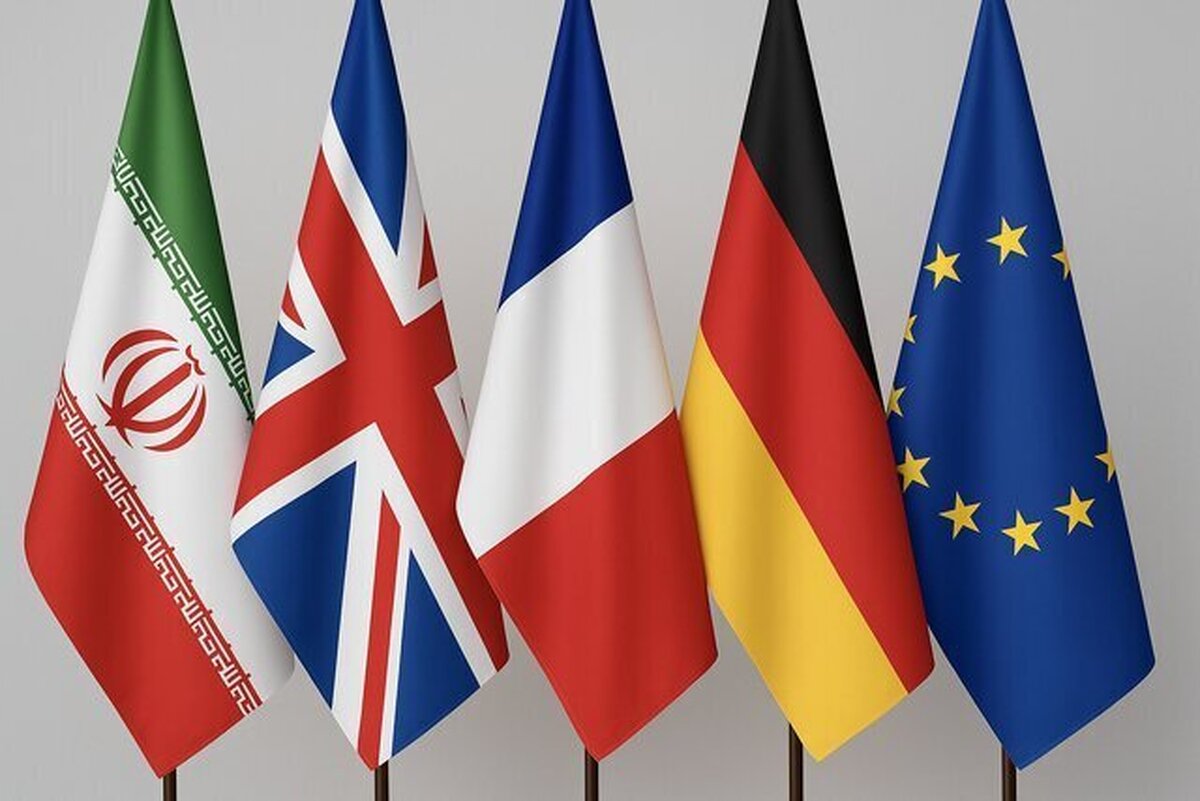
Germany, France press Britain for quick EU divorce
Germany and France led demands on Saturday for Britain to negotiate a quick divorce from the European Union, with Paris warning that populism will otherwise take hold after the vote to leave the bloc sent shockwaves around the world.
The European Central Bank added to the pressure by saying Britain's financial industry, which employs 2.2 million people, would lose the right to serve clients in the EU unless the country signed up to its single market - anathema to "leave" campaigners who are set to lead the next government in London.
Britain's decision to leave the EU, the world's largest trading bloc, is the biggest blow since World War Two to the European project of forging greater unity.
In the country itself, divisions widened after the relatively close result in Thursday's referendum. Scotland's first minister said she wanted to open negotiations directly with Brussels, saying the option of a second independence referendum should be "on the table".
South of the border in England, other pro-EU Britons also pondered their uncertain future, with the Daily Mirror newspaper asking: "So what the hell happens now?"
Prime Minister David Cameron announced on Friday he would resign after Britons voted 52-48 percent to exit the EU, a result which sent global stock markets plunging, and inflicted the biggest one day drop on sterling in history.
But Cameron promised to stay on as a caretaker until October while the Conservative Party chooses a new leader, saying it was up to his successor to notify the EU formally that Britain wanted to leave under the Lisbon Treaty, which provides for two years of divorce proceedings.
European leaders made clear they saw the possibility of months of uncertainty before serious talks begin as unacceptable for the 27 other member states.
"This process should get underway as soon as possible so that we are not left in limbo but rather can concentrate on the future of Europe," German Foreign Minister Frank-Walter Steinmeier said after hosting a meeting of his colleagues from the six founding members of the EU - Germany, France, Italy, the Netherlands, Belgium and Luxembourg.
French Foreign Minister Jean-Marc Ayrault warned of the dangers of delay. "We have to give a new sense to Europe, otherwise populism will fill the gap," he said.




